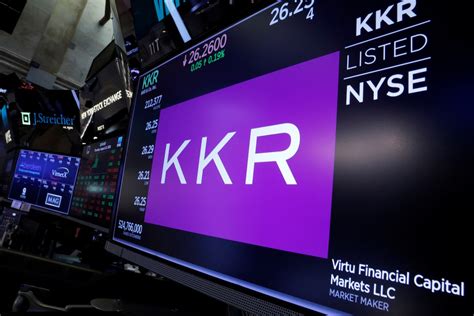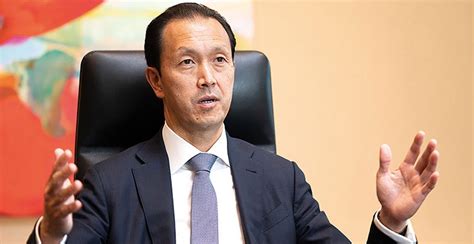Sir Ian Davis, the chairman of BP, recently announced a potential changing of the guard at the multinational oil and gas company. The impending departure of Bernard Looney as CEO has sparked speculation about the future leadership direction within the organization. Lund’s exit from his chairmanship role is rumored to be imminent, with sources suggesting it could occur around 2026.
Speculation Surrounding Lund’s Departure
Rumors have been swirling within business circles regarding Lund’s exit strategy amidst pressure from activist investor firm Elliott Management. Known for its assertive approach in influencing corporate decisions, Elliott has been pushing for strategic changes at BP to enhance shareholder value. Lund’s departure is seen by some analysts as a response to this activist campaign.
Industry Dynamics and Leadership Transitions
The energy sector is undergoing significant transformation due to evolving market demands, environmental concerns, and technological advancements. As companies like BP navigate these challenges, leadership transitions play a crucial role in shaping their future trajectory. The selection of new executives can signal a shift in strategic priorities and organizational culture.
Expert Analysis on Corporate Governance
According to corporate governance experts, leadership changes at major corporations often reflect broader issues such as performance goals, stakeholder interests, and board dynamics. The relationship between executive leaders and shareholders is increasingly under scrutiny in today’s corporate landscape. Investors are closely monitoring how companies respond to market pressures while maintaining long-term sustainability.
The Role of Activist Investors
Activist investors like Elliott Management have gained prominence in influencing corporate decision-making by advocating for changes that they believe will unlock shareholder value. Their campaigns target underperforming companies or those perceived to have untapped potential. The involvement of activist investors can lead to shake-ups in management teams and strategic reevaluations.
Implications for BP’s Future Strategy
As BP prepares for a leadership transition at the top level, stakeholders are eager to see how the company will adapt its strategy amidst growing calls for sustainable practices and renewable energy investments. The incoming leadership team will likely face challenges in balancing traditional hydrocarbon operations with initiatives focused on decarbonization and clean energy solutions.
In conclusion, Lund’s anticipated exit from his position as BP chairman reflects broader trends in corporate governance, shareholder activism, and industry evolution. The coming years will be pivotal for BP as it navigates complex market dynamics while striving to meet stakeholder expectations for responsible business practices.









Leave feedback about this